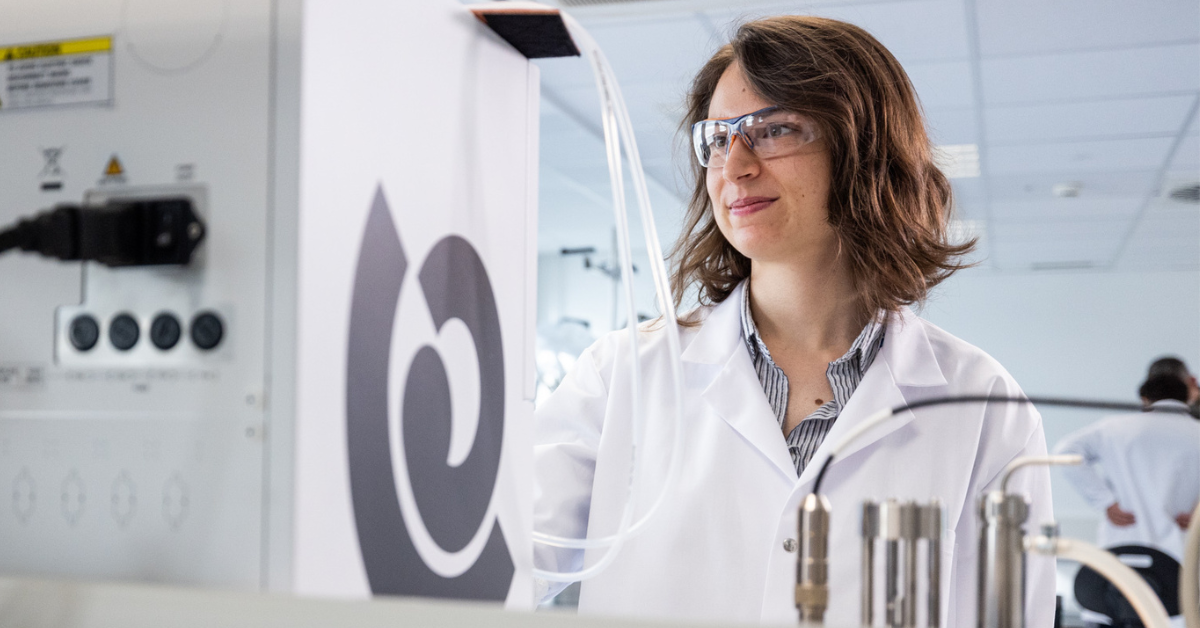The biopharmaceutical industry is adopting process intensification and automation to streamline complex development and manufacturing workflows. This strategy is driven by the need for more versatile and economical manufacturing solutions while adhering to regulatory requirements. Process intensification can reduce capital costs, facility footprints, and improve quality. It can also increase manufacturing success rates and reduce timelines. Laetitia Aurand from KBI Biopharma highlights the benefits of continuous processing and single-use systems, which can enhance productivity and scalability without sacrificing quality. Additionally, automation and digitalization can reduce variability and minimize downtime. However, there are challenges such as scaling up high-cell density seed trains and optimizing process control. KBI Biopharma emphasizes the importance of “right first time” approach, starting with high-throughput screening and selecting suitable process optimizations. A case study demonstrates the advantages of perfusion culture in therapeutic protein production, reducing fragmentation by up to 90% and enhancing product quality attributes.
Source: https://www.labiotech.eu/partner/process-intensification-biopharma/
